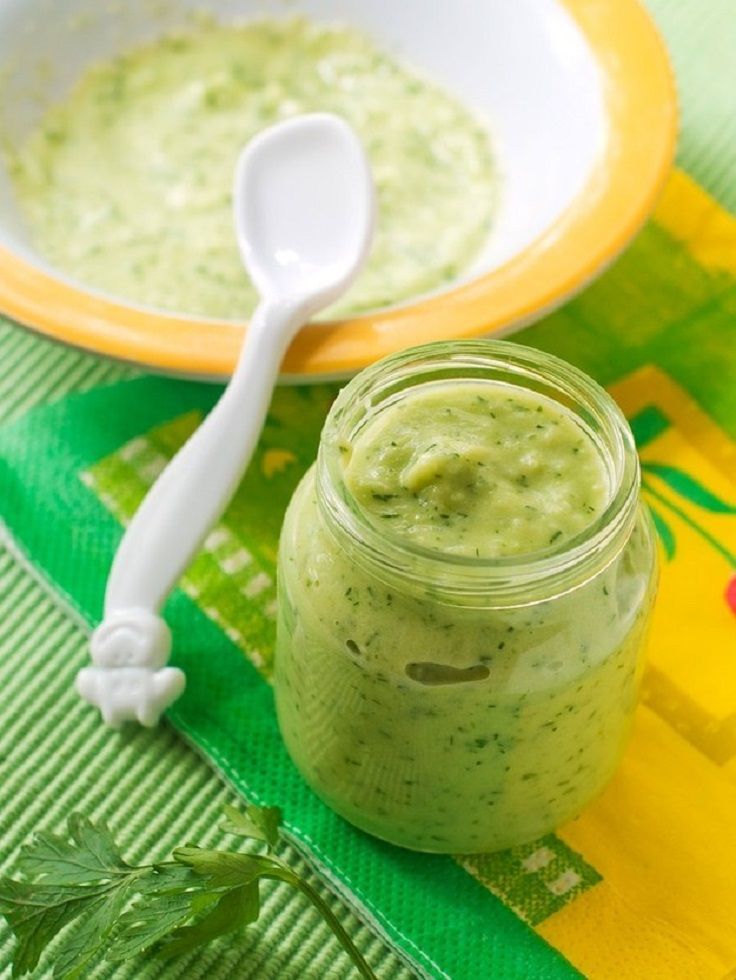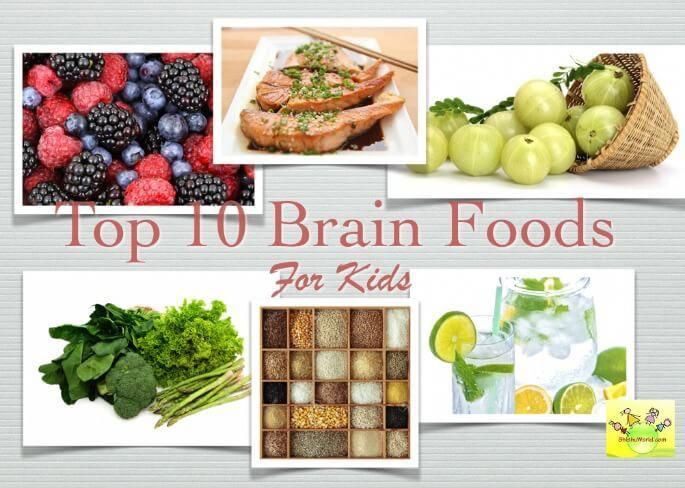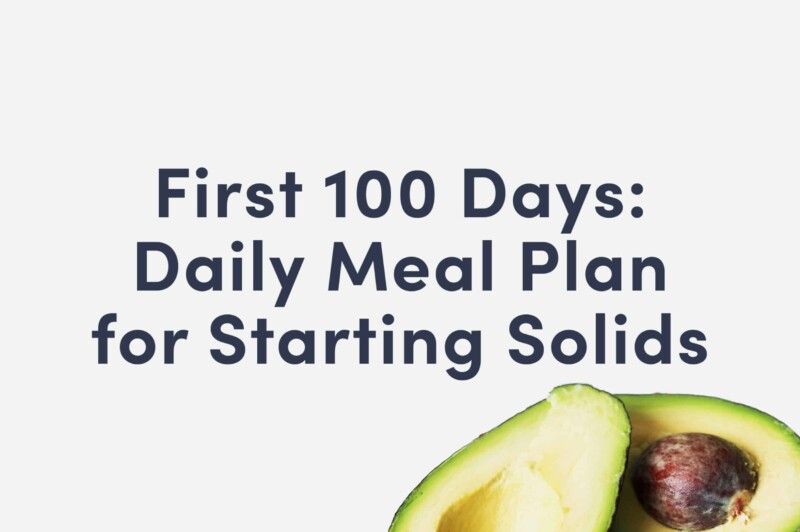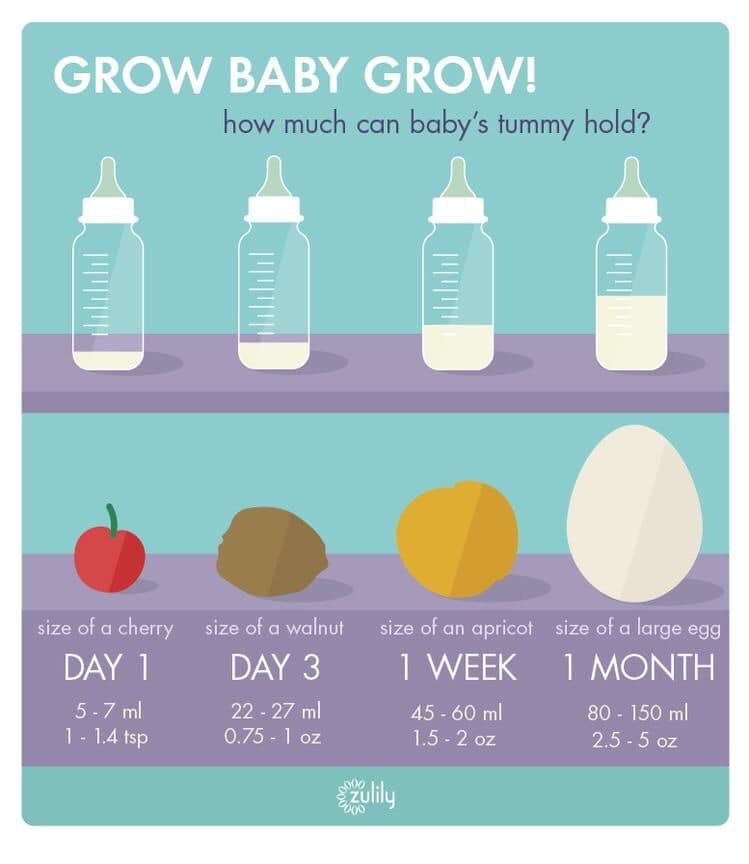Aspertame in baby food
Aspartame - Birth Defect Fact Sheet
Download the PDF Version
Aspartame, sold under the brand names NutraSweet and Equal, has been promoted as a safe alternative for those who wish to avoid using sugar or saccharin. Aspartame is made of two amino acids (phenylalanine and aspartic acid) which are also found in all protein-containing foods such as meat. Since these amino acids are natural products, most people assume that they are safe to consume in unlimited quantities. New research, however, is raising serious questions about the safety of excessive aspartame exposure especially for the developing baby.
The aspartame controversy was first brought to BDRC’s attention by a pediatric nurse who put us in touch with the Mills family in Georgia. Their son Brandon was born with serious neurological impairment and developmental delays. Karen Mills was exposed to excessive doses of aspartame and phenylalanine during her pregnancy.
KAREN’S STORY – According to my obstetrician, I had a very normal pregnancy. I was in very good health, did not smoke, drink alcohol or take any drugs. I had a prenatal test to rule out any genetic birth defects they can test for and had sonograms early and late in pregnancy.
At the time of my pregnancy, I had not seen any proof of harmful effects of aspartame and no consumer warning was given on the use of NutraSweet products during pregnancy. In order to avoid additional sugar intake and weight gain and the fatigue resulting in blood sugar drop after drinking sugared beverages, I chose to drink beverages containing NutraSweet. I drank on the average of 4-6 twelve- ounce cans a day including: Diet 7-Up, Diet Coke, NutraSweet sweetened tea and lemonade. Six weeks into my pregnancy, I also started taking capsules containing 500 to l000 mg. of phenylalanine a day, because I had read that this amino acid could help relieve fatigue.
Brandon was born by C-section without any birth trauma or lack of oxygen. I was one week post full term and was not in labor when the C-section was done.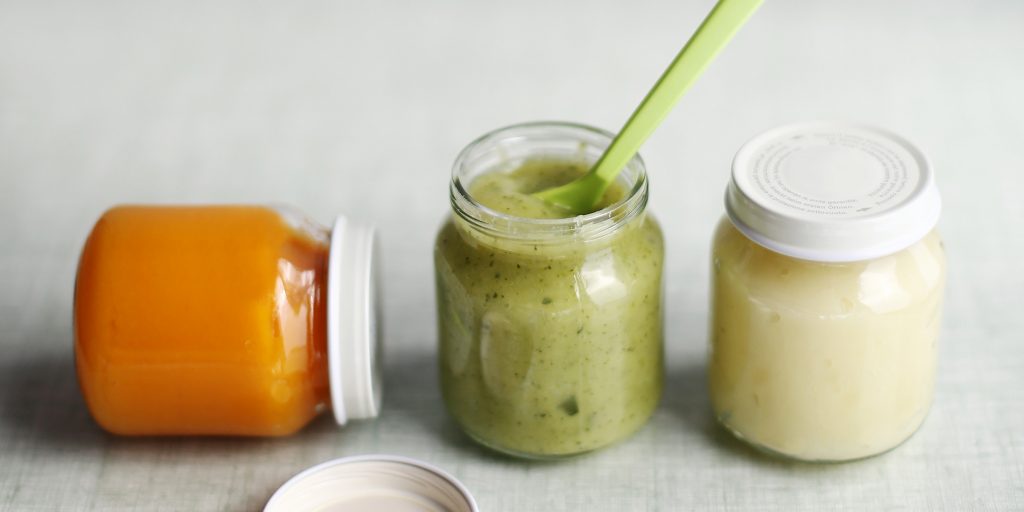
Brandon has severe neurological problems, causing vocal cord paralysis and swallowing dysfunction. His muscle spasms and vocal cord paralysis are caused by the brain signals to the muscles being “static” or distorted. He is also diaphoretic, meaning that he has excessive perspiration. Other than this, Brandon is in good health. He laughs and smiles. He recognizes people and music he has heard before. He has learned to play games with us.
Recently Brandon has been diagnosed as severely retarded due to the severity of the neurological problem. He has to have a trach tube to help him breathe and a GI-tube in his stomach to help him eat since he cannot swallow foods without aspirating. There is possible brain cell damage, but this cannot be proven by testing and the degree of damage is unknown at this time.
Brandon has had numerous MRI tests, CAT scans, X-rays, a genetics study, blood testing and all results have come back normal.
I am suspicious that NutraSweet could be a contributing factor in Brandon’s situation since there are no physical or genetic causes revealed for his neurological problems. I hope that Brandon’s situation can be a reason to focus more testing on NutraSweet regarding the possible effects it could have on a developing fetus during pregnancy.
I hope that Brandon’s situation can be a reason to focus more testing on NutraSweet regarding the possible effects it could have on a developing fetus during pregnancy.
TESTING AT EMORY
Senator Howard Metzenbaum (D-Ohio) has been a very vocal critic of aspartame and has chaired hearings on its safety. Senator Metzenbaum put the Mills family in touch with Dr. Louis J. Elsas, II, the Director of Medical Genetics at Emory University School of Medicine. Dr. Elsas has co-authored numerous papers on aspartame research.
After examining Brandon and reviewing his prenatal history, Dr. Elsas proposed a test to determine whether Brandon might have been exposed to excessive levels of phenylalanine during prenatal development.
Karen was given capsules containing L-Phenylalanine which reached concentrations that approximated the highest amount she took during pregnancy. Blood tests were then made at intervals to determine the concentration of phenylalanine in her bloodstream.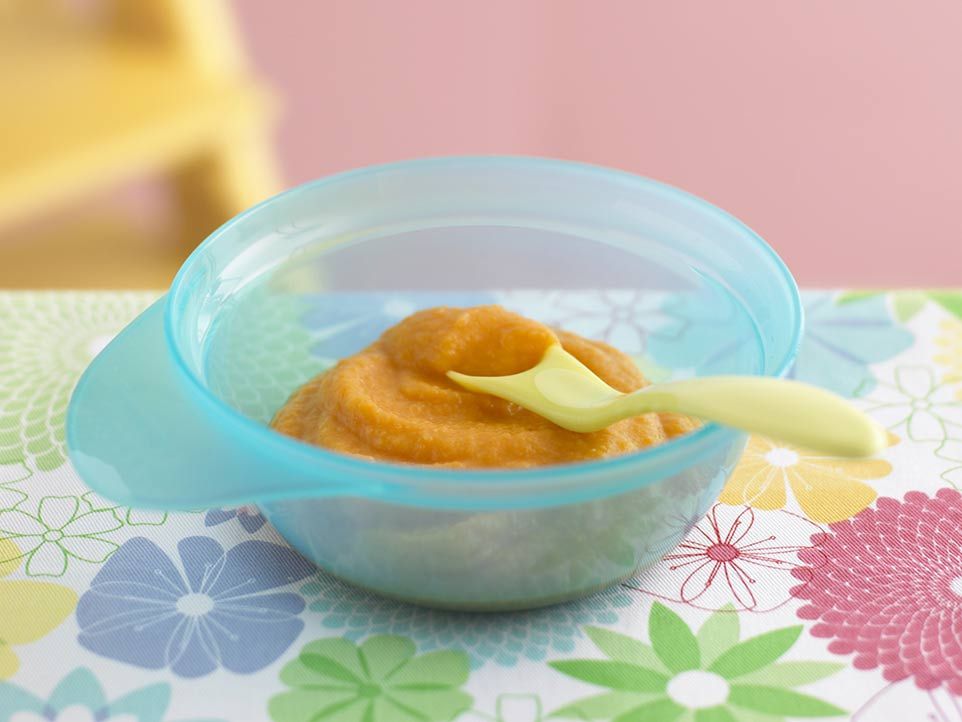 The data showed that her blood plasma concentrations of phenylalanine rose two and 2-l/2 fold over twelve days without an equal increase in other neutral amino acids thus producing an “imbalance”. If this also happened during Karen’s pregnancy with Brandon, the placenta could have magnified this imbalance another two fold and his blood brain barrier would magnify it yet another two fold. Therefore, Brandon’s developing brain cells could have been chronically exposed to 500-600 mg of phenylalanine.
The data showed that her blood plasma concentrations of phenylalanine rose two and 2-l/2 fold over twelve days without an equal increase in other neutral amino acids thus producing an “imbalance”. If this also happened during Karen’s pregnancy with Brandon, the placenta could have magnified this imbalance another two fold and his blood brain barrier would magnify it yet another two fold. Therefore, Brandon’s developing brain cells could have been chronically exposed to 500-600 mg of phenylalanine.
Could this excessive exposure cause the severe problems Brandon was born with? Since no one knows the level of consumption that might cause damage in a developing fetus, Dr. Elsas recommends that pregnant women avoid aspartame sweeteners.
THE RESEARCH ON ASPARTAME
The first indication of aspartame’s negative effects on brain function have come from animal studies. In rats, aspartame exposure raises the levels of brain chemicals associated with seizures. In more recent studies with mice, a researcher for the Utah State University Food Science Department has reported that aspartame induced changes in brain neurotransmitter levels controlling the pituitary gland, considered the “body’s master gland”.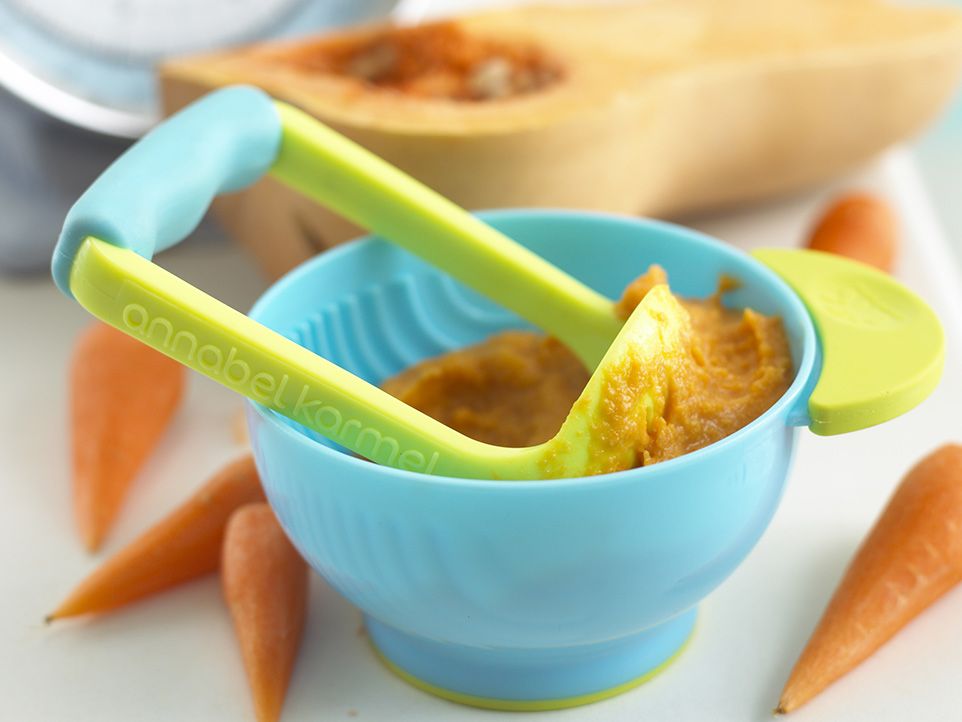 The mice were fed aspartame at realistic human equivalent levels of low, high and abusive consumption levels.
The mice were fed aspartame at realistic human equivalent levels of low, high and abusive consumption levels.
The most persuasive studies connecting aspartame to brain dysfunction come from research in humans and began with the study of an autosomal recessive disease called PKU. People with PKU are born with an inherited inability to metabolize phenylalanine. This causes excessive levels of phenylalanine to build
up in the blood which can damage the nervous system and cause retardation. Babies born with PKU must be placed on diets that restrict levels of phenylalanine found in the ordinary diet including any products containing aspartame.
About one in every 50 people carries the gene for PKU even though they do not have the disorder themselves. If a woman who carries the gene for PKU marries a man with the same recessive gene, she could give birth to a baby with the condition. If she consumed too much phenylalanine during pregnancy, her baby could be born mentally retarded.
Parents who may carry the gene for PKU can be identified by measuring levels and ratios of phenylalanine and other amino acids after phenylalanine loading tests. This research has demonstrated that those who carry the gene for PKU also have a lower capacity to metabolize phenylalanine than normal people.If an unborn child does not have PKU, but carries the gene for the disease, he/she might be adversely affected by excessive exposure to phenylalanine during prenatal development.
Concern also exists regarding the effects of elevated phenylalanine in older PKU patients who have completed brain development. When these patients have been exposed to excessive levels of phenylalanine, they have demonstrated prolonged performance times on neuro-psychological tests of higher integrative function.
The most disturbing research on phenylalanine is found in recently published studies of its effects on the normal human brain. These studies show that elevated phenylalanine levels caused significant, widespread EEG (brain wave) slowing in neurologically normal subjects.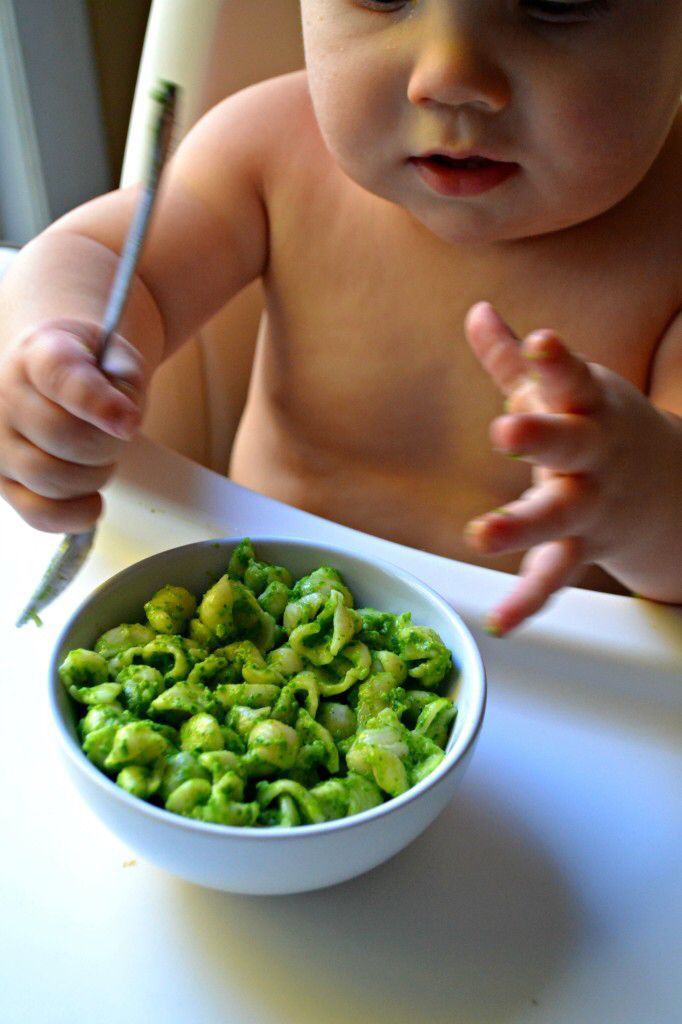 The effects are reversible when the phenylalanine levels are lowered.
The effects are reversible when the phenylalanine levels are lowered.
Additional research by Woodrow Monte, the director of the Food Science and Nutrition Laboratory at the Arizona State University shows that when aspartame breaks down in the body, it releases methyl alcohol (a brain toxin) into the bloodstream. Dr. Monte thinks the neurological problems reported by aspartame consumers might be caused by this toxic by-product.
It is important for the public to be aware that the safety of aspartame is controversial, (especially during pregnancy) since aspartame may soon be an ingredient in more and more processed foods. NutraSweet, a subsidiary of the Monsanto Company, has recently announced that it has perfected a process to keep aspartame from breaking down at the high temperatures required for baking. This new process could open the door to the $l5 billion-a-year sweet baked goods market.
REFERENCES
Diamond, Pamela: “Sweet Talk”, Working Mother, pg. 78, October l987. Federal Register, Vol. 49, No. 36, Wednesday, February 22, l984.
78, October l987. Federal Register, Vol. 49, No. 36, Wednesday, February 22, l984.
Elsas, J.L. and Trotter, J.F., “Changes in physiological Concentrations of Blood Phenylalanine Produce Changes in Sensitive Parameters of Human Brain Function”, Division of Medical Genetics, Dept. of Ped., Emory University School of Medicine, Atlanta, GA 30322.
Krause, W., Halminski, M., MaacDonald, L. et al, “Biochemical and Neuropsychological Effects of Elevated Plasma Phenylalanine in Patient with Treated Phenylketonuria”, J Clin Invest, Vol. 75, January l985, pgs. 40-48.
Krause, W., Epstein, C., Averbook, A. Dembure, P. and Elsas, L. “Phenylalanine Alters the Mean Power Frequency of Electro-encephalograms and Plasma L-DOPA In Treated Patients with Phyenylketonuria” , Pediatric Research, pgs. ll2-ll6, Vol. 20, No. ll, l986.
Paul, T.D., Brandt, I.K., Elsas, L.J. et al “Pheynylketonuria Heterozygote Detection in Families with Affected Children”, Am J Hum Genet, 30: 293-30l, l978.
Griffin, R.F., Humienny, M.E., Hall, E.C. and Elsas, L.J. “Classic Phenylketonuria: Heterozygote Detection during Pregnancy”, Am J Hum Genet, 25:646-654, l973.
Epstein, C.M., Trotter, J.F., Averbrook, A., Freeman, S., Kutner, M.H. and Elsas, L.J., “EEG means frequencies are sensitive indices of phenylalanine effects on normal brain” Electro-encephalography and Clinical Neurophysiology, l989, 72:l33-l39, Elsevier Scientific Publishers Ireland, Ltd.
Downloadable PDF Version
-
Wear a Next Gen Face MaskSupport Birth Defects Research for Vietnam Veterans.
Donate Now
-
Make a Donation
Your donation helps us to continue collecting data and doing research on birth defects for scientific studies, public awareness and community advocacy.Donate Now
-
The National Birth Defect Registry
Because your child’s birth defect had a cause.
-
Birth Defect News
This is a closed group designed to bring together parents who have filled out the National Birth Defect Registry so they have a place to discuss their child’s conditions.

Click to Join.-
For daily information about new research on birth defects, visit our Facebook page.
-
Environmental Reports
Reports and fact sheets on national birth defect issues related to toxins. Read More..
Sweeteners and Sugar Substitutes: Parent FAQs
Log in | Register
Healthy Living
Healthy Living
Listen
Español
Text Size
When it comes to sugar substitutes, parents have a lot of questions―especially as more low-calorie food and drinks come on the market.
In fact, according to a report from the American Academy of Pediatrics, the number of foods and beverages made with nonnutritive (no- or low-calorie) sweeteners has quadrupled in recent years. In addition to all the diet soda and zero calorie products, nonnutritive sweeteners are also used in a wide variety of reduced sugar or no-sugar-added school lunchbox favorites like jelly and jams, yogurt, pudding, and fruit cups.
In addition to all the diet soda and zero calorie products, nonnutritive sweeteners are also used in a wide variety of reduced sugar or no-sugar-added school lunchbox favorites like jelly and jams, yogurt, pudding, and fruit cups.
Frequently Asked Questions: Nonnutritive Sweeteners & Too Much Added Sugar in Kids' Diets
Is there an acceptable amount of sweeteners kids can eat or drink daily?
- The FDA sets an acceptable daily intake for approved products people eat or drink, based on body weight. The limit is set above what researchers think would usually be consumed. For example, a 40-pound child would have to drink four 12-ounce cans of diet soda every day to reach the limit, according to the Academy of Nutrition and Dietetics. Products often contain different combinations of nonnutritive sweeteners, which reduces the risk of consuming more than the limit for each individually.
How do I know how much nonnutritive sweetener is in a product?
- Right now, it takes some guesswork.
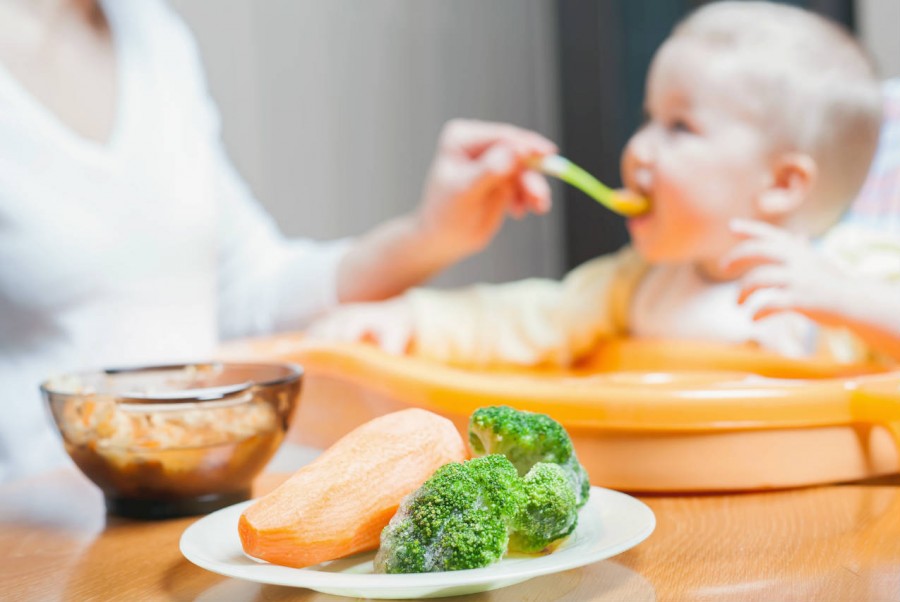 Manufacturers list nonnutritive sweeteners among ingredients, but they aren't required to say how much each product contains. The American Academy of Pediatrics (AAP)
advocates for the inclusion of nonnutritive sweeteners on all food labels; parents have a right to know what they are feeding their families.
Manufacturers list nonnutritive sweeteners among ingredients, but they aren't required to say how much each product contains. The American Academy of Pediatrics (AAP)
advocates for the inclusion of nonnutritive sweeteners on all food labels; parents have a right to know what they are feeding their families.
How many different no- and low-calorie sweeteners are there?
- There are 8 nonnutritive sweeteners currently approved by the US Food and Drug Administration (FDA). These "high intensity" sweeteners, which are between 180 and 20,000 times sweeter than table sugar (sucrose).
Name: |
Brand: |
Examples of products it is used in: |
Saccharin | Sweet'N Low Necta Sweet Sweet Twin
| Diet sodas, "low sugar" or "reduced sugar" jellies and jams, cookies, chewing gum, yogurt. |
Aspartame | NutraSweet Equal Sugar Twin | Sugar-free gelatin, diet sodas, flavored drink mixes, reduced-calorie fruit juice, energy drinks, breakfast cereals, sugar-free ice cream. |
Acesulfame potassium (Ace-K) | Sweet One Sunette | Diet shake mixes, sugar-free hard candies, no-sugar-added fruit cups, electrolyte replacement drinks, diet sodas, baked goods, salad dressings. |
Sucralose | Splenda | Diet sodas energy drinks, flavored drink mixes, sports drinks, sugar-free puddings and gelatins, no-sugar-added ketchup. |
Neotame | Newtame | Flavored fruit drinks, protein shakes, chewing gum |
Stevia (steviol glycosides from leaves of stevia plant) | Trivia PureVia | Protein shakes, diet sodas and flavored waters, vitamin-enriched flavored drinks. |
Luo han guo (extracts of Siraitia grosvenorii Swingle fruit, also called monk fruit) | Monk Fruit in the Raw Nectress PureLo Enliten | Coffee and protein beverages, yogurt, frozen desserts, teas. |
Advantame | No brand name yet | Approved in 2014, it is beginning to be used in products such as sports drinks. |
Is it true artificial sweeteners cause cancer?
- While early animal studies raised concerns about possible
cancer links from consuming large amounts of some artificial sweeteners,
no studies have found a link between use of these sweeteners and cancer in humans. Similarly, despite some concerns raised, there is no scientific evidence showing aspartame is tied to attention deficit hyperactivity disorders, birth defects, or lupus.

What are the negative health effects of sweeteners on children?
- Recent research suggests possible links between nonnutritive sweeteners and changes in appetite and taste preferences in children. This, in turn, could affect weight and health. Other research is looking into whether these sweeteners cause changes in the gut microbiome―which is made up of "friendly" bacteria--and may affect blood sugar levels and lead to metabolic syndrome, insulin resistance, and diabetes.
Can nonnutritive sweeteners help with weight-loss?
- Parents often believe "zero-calorie" sweeteners are the key to weight loss. Most studies show swapping nonnutritive sweeteners for sugar-sweetened foods and beverages can help reduce weight gain or lead to small amounts of weight loss in children. However, most of these studies only looked at short-term results; other studies have linked nonnutritive sweetener use with weight gain.
Remember: If you have questions about your child's diet, talk with your pediatrician.
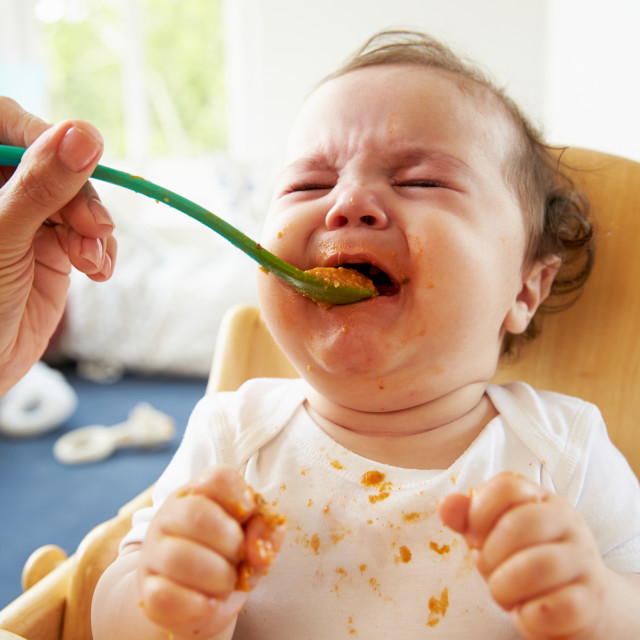
Additional Information:
How to Reduce Added Sugar in Your Child's Diet: AAP Tips
Preventing Tooth Decay
High-Intensity Sweeteners (U.S. Food and Drug Administration)
Nutritive and Nonnutritive Sweetener Resources (USDA)
- Last Updated
- 10/28/2019
- Source
- American Academy of Pediatrics (Copyright © 2019)
The information contained on this Web site should not be used as a substitute for the medical care and advice of your pediatrician. There may be variations in treatment that your pediatrician may recommend based on individual facts and circumstances.
Elena Vasilyeva's blog: E - 951
This is a chapter from my book "E-mine or save yourself".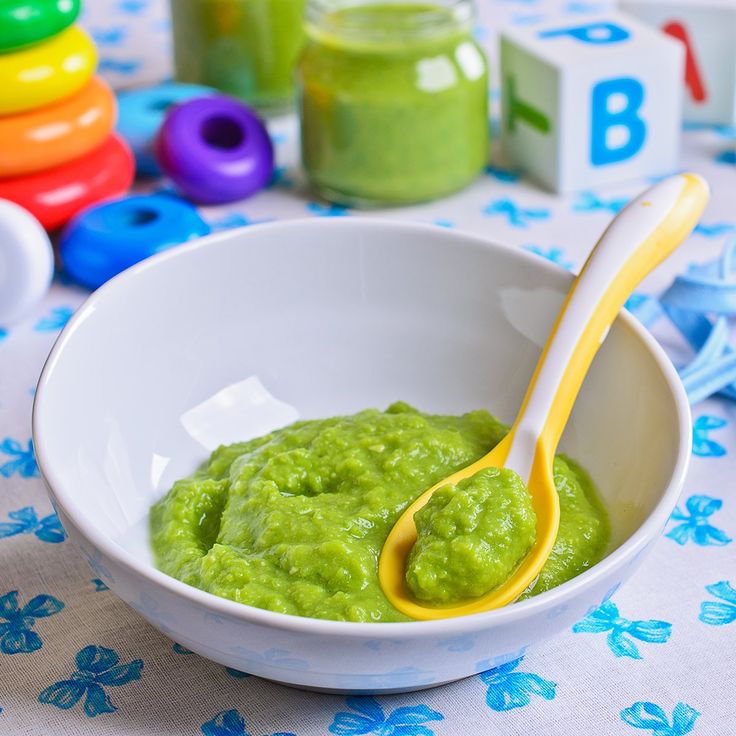 In general, according to my deep conviction
In general, according to my deep conviction
we must all give a decisive battle to this poison.
So what is it - E - 951?
O E 951 let's say a word
Our group of environmentalists conducted a field experiment: we went to a number of grocery stores for several days in a row and asked to see us the most purchased soft drinks. The sellers quickly showed us the common lemonades Pinocchio, Bell, Tarragon, etc. All of them contained the sweetener E 951. To our dismay, it is found in almost all non-alcoholic products and sweets, as well as in baby food. Be careful when buying products for children!
The artificial sweetener aspartame E951, or nutrosweet, is a nutritional supplement under the Eagle and Spoonful brand, obtained using genetically modified organisms. Aspartame is a sweet peptide consisting of only two amino acids: aspartic and phenylalanine. In 1990, its production was over 10,000 tons. But after testing it on volunteers, aspartame was called "sweet poison", as it is able to change the "chemistry" of the brain, behavioral reactions, reduce intelligence.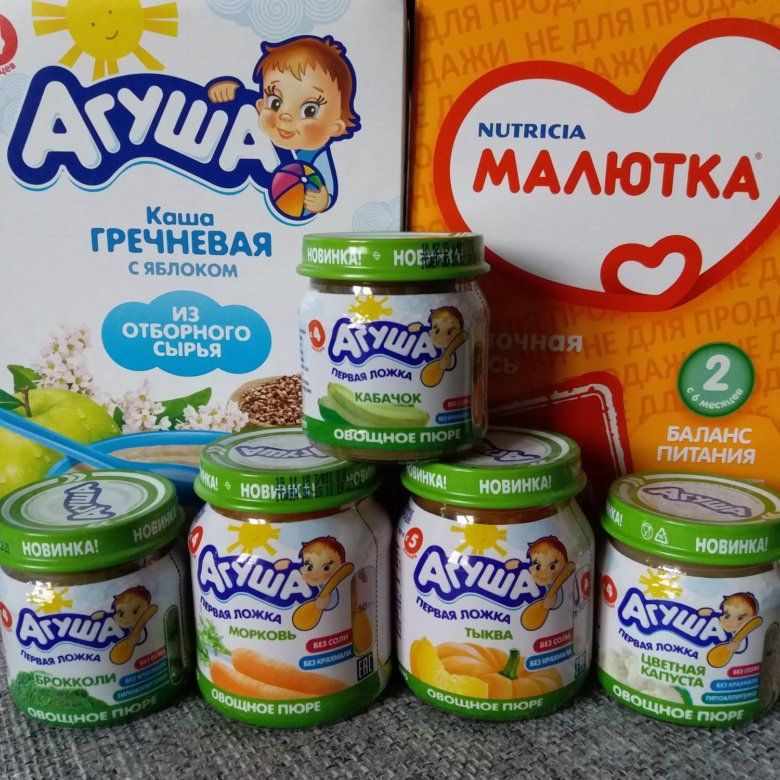 tc "Artificial sweetener aspartame E951, or Nutrosweet, is a nutritional supplement branded by Eagle and Spoonful, derived from genetically modified organisms. Aspartame is a sweet peptide consisting of only two amino acids: aspartic and phenylalanine. In 1990, its production amounted to more than 10,000 tons (in the United States annually 3,500 tons). But after testing it on volunteers, aspartame has been called the "sweet poison" because it can change brain chemistry, behavioral responses, and reduce intelligence." 80% of them are on aspartame. Therefore, even in the American market (the rarest case!) This product is banned. An American company developing a "miracle" sweetener paid $ 28 million in a lawsuit filed by 780 women who claimed that aspartame caused them an intrauterine inflammatory process. tc "The US Food and Drug Administration receives thousands of complaints every year from supplement users, 80% of them for aspartame. Therefore, even on the American market (the rarest case!) it is a product with a clear label.
tc "Artificial sweetener aspartame E951, or Nutrosweet, is a nutritional supplement branded by Eagle and Spoonful, derived from genetically modified organisms. Aspartame is a sweet peptide consisting of only two amino acids: aspartic and phenylalanine. In 1990, its production amounted to more than 10,000 tons (in the United States annually 3,500 tons). But after testing it on volunteers, aspartame has been called the "sweet poison" because it can change brain chemistry, behavioral responses, and reduce intelligence." 80% of them are on aspartame. Therefore, even in the American market (the rarest case!) This product is banned. An American company developing a "miracle" sweetener paid $ 28 million in a lawsuit filed by 780 women who claimed that aspartame caused them an intrauterine inflammatory process. tc "The US Food and Drug Administration receives thousands of complaints every year from supplement users, 80% of them for aspartame. Therefore, even on the American market (the rarest case!) it is a product with a clear label. An American company that developed a “miracle” sweetener paid $28 million in a lawsuit filed by 780 women who claimed that aspartame caused them intrauterine inflammation.0003
An American company that developed a “miracle” sweetener paid $28 million in a lawsuit filed by 780 women who claimed that aspartame caused them intrauterine inflammation.0003
In Europe, nutrosvit is considered an extremely dangerous substance, it is used very limitedly and is completely prohibited for use in baby food up to 4 years. (Directive 94/35/EC).tc "In Europe, nutrosweet is considered to be an extremely hazardous substance, has very limited use and is completely prohibited for use in baby food up to 4 years. (Directive 94/35/EC)."
The fact is that aspartame is the only genetically modified product so far that has a relatively large number of clear evidence of danger to health and even life. Studies have shown that it is especially harmful when dissolved in a liquid medium, such as carbonated drinks. In the U.S. Congressional Report of April 7, 1995 describes the chemical instability of aspartame at elevated temperatures. It breaks down into highly toxic compounds: formaldehyde (class A carcinogen), methanol (methyl alcohol that killed or blinded thousands of drinkers), phenylalanine, formic acid. tc "The fact is that aspartame is the only genetically modified product so far that has a relatively large number of obvious evidence of danger to health and even life.Studies have shown that it is especially harmful when dissolved in a liquid medium, such as carbonated drinks.In the Report of the US Congress of April 7, 1985 describes the chemical instability of aspartame at elevated temperatures. It breaks down into highly toxic compounds: formaldehyde (class A carcinogen), methanol (methyl alcohol that killed or blinded thousands of drinkers), phenylalanine, formic acid."
tc "The fact is that aspartame is the only genetically modified product so far that has a relatively large number of obvious evidence of danger to health and even life.Studies have shown that it is especially harmful when dissolved in a liquid medium, such as carbonated drinks.In the Report of the US Congress of April 7, 1985 describes the chemical instability of aspartame at elevated temperatures. It breaks down into highly toxic compounds: formaldehyde (class A carcinogen), methanol (methyl alcohol that killed or blinded thousands of drinkers), phenylalanine, formic acid."
Aspartame poisoning causes unconsciousness, dizziness, rashes, seizures, joint pain Hearing loss It can provoke brain tumors, epilepsy, Parkinson's and Alzheimer's diseases, diabetes, death.tc "Aspartame poisoning causes loss of consciousness, dizziness, rashes, seizures, joint pain, hearing loss. It can cause brain tumors, epilepsy, Parkinson's and Alzheimer's, diabetes, death."
And this poisonous substance is present in more than 6,000 products (children's vitamins and baby food, soft drinks such as Coca-Cola, Sprite, Fanta; chewing gum, food)!
And we do not understand why the Prosecutor's Office of the Murmansk region has not opened a criminal case against the distributors of such poison.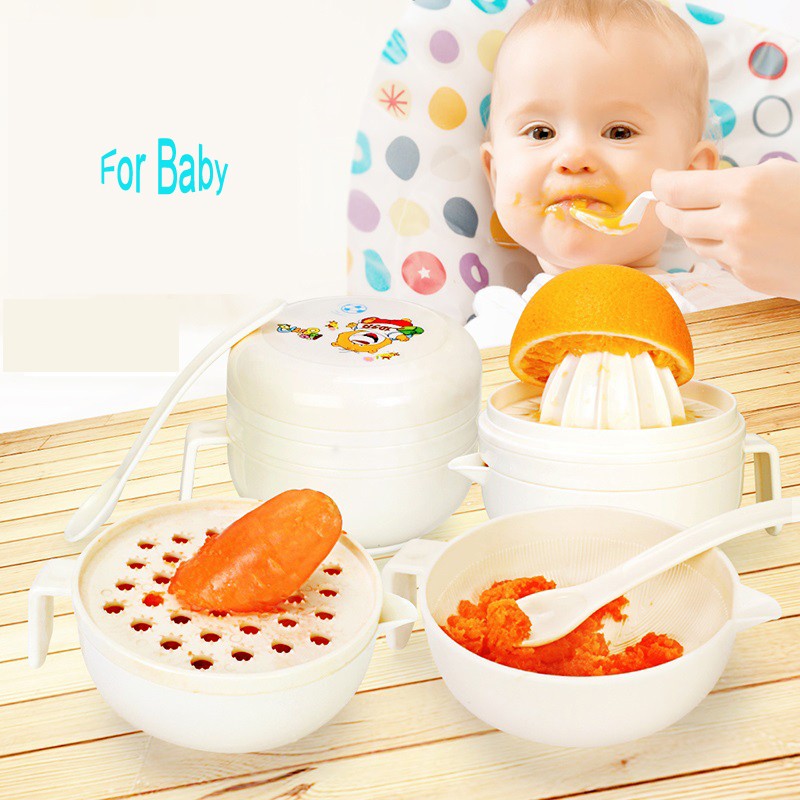
Over 500,000 tons of such products enter the Russian market every year. Some of them (bottles with soft drinks, chewing gum, jars of Sladex tablets) are marked in the smallest font: “aspartame E951 contains phenylamine or should not be used in patients with phenylketonuria." These products are consumed mainly by children and young people. The question arises: “How many children, and even adults, know what phenylalanine is, why it is impossible to use aspartame for patients with phenylketonuria?” chewing gum, jars with Sladeks tablets) the smallest font is marked \\: "aspartame E591 contains phenylamine or should not be used in patients with phenylketonuria." These products are consumed mainly by children and young people. The question arises \: "How many children, and even adults, know what phenylalanine is, why it is impossible to use aspartame for patients with phenylketonuria", that is, the formalities are observed, there should be no claims against manufacturing companies.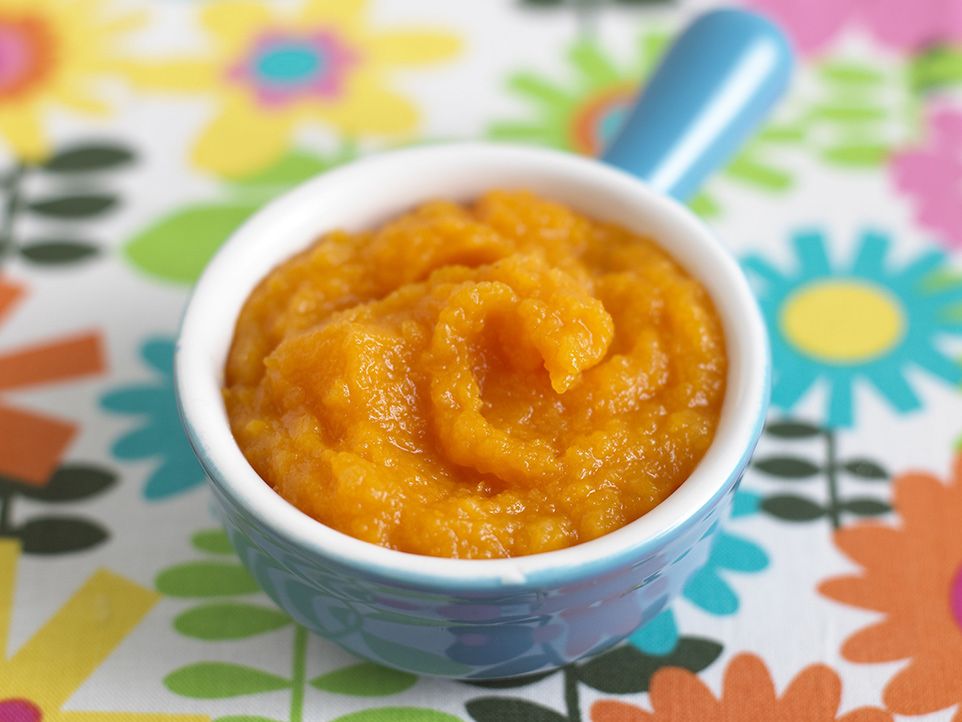 "
"
Phenolketonuria (PKU) or metabolic oligophrenia is a severe, difficult to treat hereditary disease caused by a lack of the enzyme that converts phenylalanine to tyrosine.The resulting metabolites accumulate and damage the brain, leading to severe mental retardation.
Experts in the field of ecogenetics suggest that aspartame, even in small doses, can harm the developing embryo. As they say, comments are superfluous.
According to the International Social and Ecological Union, Greenpeace and the Green Cross in Russia, aspartame is associated with an increase in allergic diseases in the country.tc "According to the International Social and Ecological Union, almost all soft drinks and chewing gums contain aspartame in Russia. the growth of allergic diseases in the country precisely with the massive entry of transgenic products into our markets."
Western consumers have also reconsidered their attitude towards E 951 and banned its use. But not Russia!
Aspartame and company.
There is such information:
WARNING, DANGER TO LIFE
Aspartame E951 artificial sweetener, or nutrosweet, a food supplement of Eagle and Spoonful trademark, is obtained using genetically modified organisms. Aspartame is a sweet peptide consisting of only two amino acids: aspartic and phenylalanine. At 19In 1990, its production amounted to more than 10,000 tons (in the USA, 3,500 tons annually). But after testing it on volunteers, aspartame began to be called "sweet poison", as it is able to change the "chemistry" of the brain, behavioral reactions, and reduce intelligence.
The US Food and Drug Administration receives thousands of complaints each year from dietary supplement users, 80% of which are about aspartame. Therefore, even on the American market (the rarest case!) it is a product with a clear label.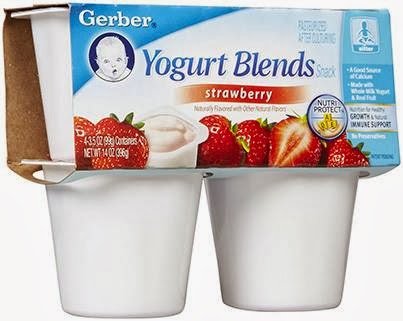 The American company that developed the “miracle” sweetener paid $28 million in a lawsuit filed by 780 women who claimed that aspartame caused them intrauterine inflammation.
The American company that developed the “miracle” sweetener paid $28 million in a lawsuit filed by 780 women who claimed that aspartame caused them intrauterine inflammation.
In Europe, nutrosvit is considered an extremely dangerous substance, it is used very limitedly and is completely prohibited for use in baby food up to 4 years. (Directive 94/35/EC).
The fact is that aspartame is the only genetically modified product so far that has a relatively large number of clear evidence of danger to health and even life. Studies have shown that it is especially harmful when dissolved in a liquid medium, such as carbonated drinks. In the U.S. Congressional Report of April 7, 1985 describes the chemical instability of aspartame at elevated temperatures. It breaks down into highly toxic compounds: formaldehyde (class A carcinogen), methanol (methyl alcohol that killed or blinded thousands of drinkers), phenylalanine, formic acid.
Aspartame poisoning causes loss of consciousness, dizziness, rash, seizures, joint pain, hearing loss.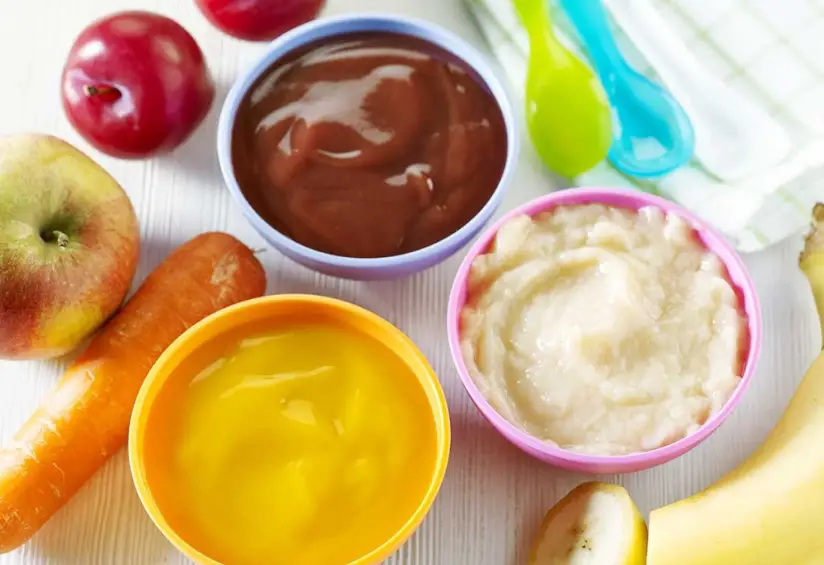 It can provoke brain tumors, epilepsy, Parkinson's and Alzheimer's diseases, diabetes, death.
It can provoke brain tumors, epilepsy, Parkinson's and Alzheimer's diseases, diabetes, death.
And such a toxic substance is present in more than 6000 products (children's vitamins and baby food, soft drinks such as Coca-Cola, Sprite, Fanta; chewing gum, food)!
How are things going in Russia?
More than 500,000 tons of such products enter the Russian market every year. Some of them (bottles with soft drinks, chewing gum, jars of Sladex tablets) are marked in the smallest font: “aspartame E591 contains phenylamine or should not be used by patients with phenylketonuria.” These products are consumed mainly by children and young people. The question arises: “How many children, and even adults, know what phenylalanine is, why it is impossible to use aspartame for patients with phenylketonuria”, that is, the formalities are observed, there should be no complaints against manufacturing companies.
Phenolketonuria (PKU) or metabolic oligophrenia is a severe, difficult to treat hereditary disease caused by the absence of the enzyme that converts phenylalanine to tyrosine.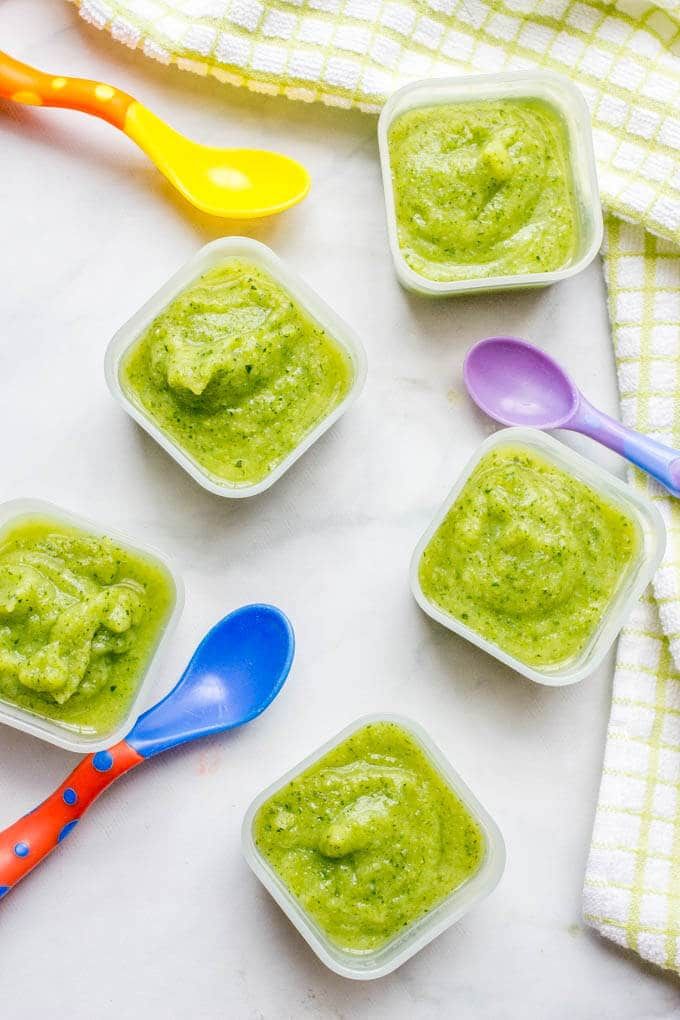 The resulting metabolites damage the brain, leading to severe mental retardation.
The resulting metabolites damage the brain, leading to severe mental retardation.
Most countries require PKU screening for all newborns.
Many products containing aspartame are not labelled. Moreover, aspartame has been repeatedly advertised in the respected newspaper Arguments and Facts, and it is recommended for the elderly and pregnant women! Experts in the field of ecogenetics suggest that aspartame, a sweetener with a high content of phenylalanine, even in small doses, can harm the developing embryo. As they say, comments are superfluous. After my letter to the editors of the AiF about the inadmissibility of this type of advertising, aspartame was not advertised for several years, and recently it has reappeared.
According to the International Socio-Ecological Union, almost all soft drinks and chewing gums contain aspartame in Russia. Russian doctors attribute the growth of allergic diseases in the country to the massive supply of transgenic products to our markets.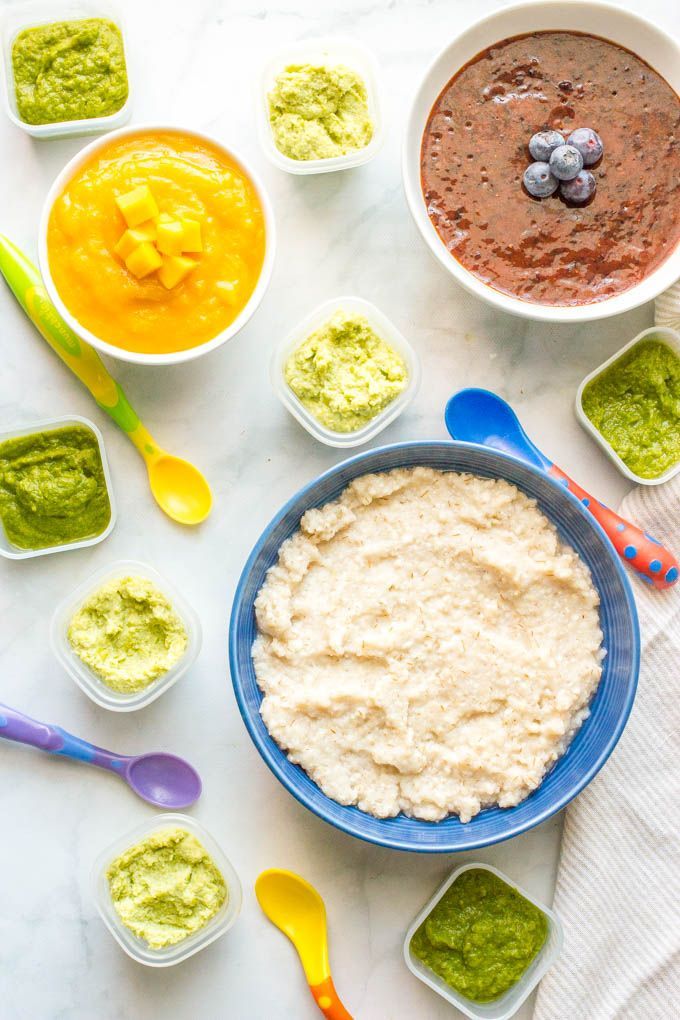
Western consumers have already reconsidered their attitude towards E951 and banned its use. Nutrosvit is not the only nutritional supplement based on a transgenic protein. The list of all kinds of E contained in products is quite impressive. From time to time he appears in the newspapers. If you do not want to be poisoned when buying sausage or a carbonated drink, pay attention to their labels, barcodes, and also read our publications.
A.A. Skokova,
Candidate of Biological Sciences, Associate Professor of the Department of Botany, Genetics and Agrobiology RSPU
*********************************** *******************************
Responsible for the issue of the electronic distribution of the newspaper "Zeleny Luch"
German Artyomkin (herman@ ryazaneco.ryazan.ru)
http://www.postnews.ru/subs_hist.php?det_id=1582&PHPSESSID=b6e58d0fda18479bda1b83b8099638e6
Excerpts (http://forum.materinstvo.ru/index.php?showtopic=45940&st=0&p=2470378entry2470378):
"My mother has been diabetic with insulin for 25 years, her endocrinologist told her two years ago that aspartame is a terrible poison, it's better to eat a spoonful of sugar than this rubbish"
"my husband has diabetes and I follow this, aspartame, like saccharin, like cyclomate, is harmful to health, especially in large quantities "
" Aspartame is not prohibited in our country (in the USA), but people already look at it with caution, they do not advise it during pregnancy use, written in many books for pregnant women.


